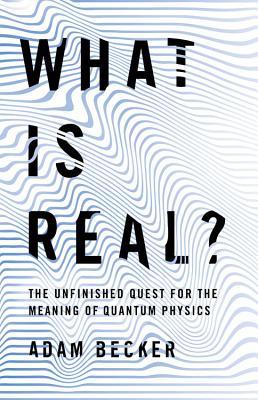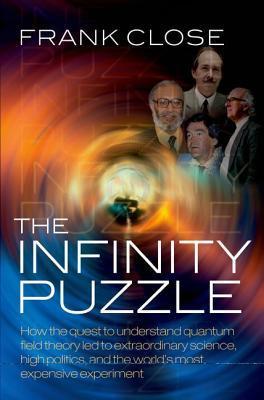
Quantum: Einstein, Bohr and the Great Debate About the Nature of Reality
Book Description
Reality hangs in the balance as two titans of science clash in a battle of wits that will change humanity's understanding of the universe forever. Dive into the electrifying realm of quantum physics, where Albert Einstein's quest for order collides with Niels Bohr's embrace of uncertainty. Each argument spins a web of gripping debates, unraveling the very fabric of existence. Concepts of time, light, and everything in between come alive as theories collide, revealing deeper mysteries. Can certainty coexist with chaos? In this high-stakes intellectual confrontation, what truths will emerge from the shadows? Are we ready to confront the nature of reality itself?
Quick Book Summary
"Quantum: Einstein, Bohr and the Great Debate About the Nature of Reality" by Manjit Kumar narrates the dramatic evolution of quantum theory, focusing on the epic intellectual rivalry between Albert Einstein and Niels Bohr. The book traces the births, breakthroughs, and controversies of quantum mechanics, highlighting how this abstract science reshaped our conception of reality. Kumar details the puzzles at the heart of quantum physics, such as wave-particle duality, uncertainty, and entanglement, making complex concepts accessible through vivid storytelling. Through personal anecdotes, philosophical inquiries, and scientific explanations, Kumar brings to life the scientists whose debates questioned the very limits of human understanding. The story ultimately emphasizes that the quantum revolution isn't just scientific, but also philosophical, challenging all notions of certainty and determinism.
Summary of Key Ideas
Table of Contents
The Birth and Evolution of Quantum Theory
At the dawn of the 20th century, classical physics struggled to explain strange new experimental results emerging from studies of atoms and light. Phenomena like blackbody radiation and the photoelectric effect defied Newtonian expectations, prompting scientists to propose radical new ideas. Max Planck introduced the concept of energy quanta, while Albert Einstein's work on the photoelectric effect revealed the dual nature of light. This marked the inception of quantum theory—an unprecedented framework that would soon revolutionize physics and confound traditional intuition.
Einstein and Bohr: Philosophical Rivalries
As quantum theory developed, intense philosophical and scientific debates ensued, with Einstein and Bohr representing the contrasting worldviews. Einstein sought a deterministic universe where underlying variables governed all phenomena, insisting that “God does not play dice.” In contrast, Bohr claimed nature was fundamentally uncertain, advocating the Copenhagen interpretation, which accepted probability and observer-dependence at quantum scales. Their rivalry played out at conferences and through papers, shaping not just the science, but the philosophy underpinning quantum mechanics.
The Paradoxes and Uncertainties of Quantum Mechanics
Central to the debate were the mysterious and counterintuitive predictions of quantum mechanics: the uncertainty principle, wave-particle duality, and quantum entanglement. Heisenberg’s uncertainty principle declared that certain pairs of properties, like position and momentum, could never be known simultaneously with infinite precision. The famous thought experiment of Schrödinger’s Cat encapsulated the bizarre notion of superposition, while Einstein’s "spooky action at a distance" critique underlined quantum entanglement’s challenge to locality and realism.
Experimentation and the Nature of Reality
Experiments played a crucial role in testing the boundaries of these ideas. Early 20th-century laboratory discoveries, such as the double-slit experiment, visually demonstrated the wave-particle duality of electrons and photons. Later, advances in technology allowed researchers to test Bell’s inequalities, illustrating that quantum predictions—entanglement and non-locality—held true, even when Einstein’s intuitions said otherwise. These debates and results forced scientists and philosophers to re-examine concepts like causality, objectivity, and the very definition of reality.
Legacy and Continuing Debates
The legacy of the Einstein-Bohr debate continues to exert profound influence. While Bohr’s interpretation became orthodox, Einstein inspired ongoing quests for deeper understanding, motivating searches for hidden variables and new theories. Quantum mechanics remains one of humanity’s most experimentally successful theories, catalyzing technological revolutions from lasers to computers, while also inspiring profound philosophical questions about observation, knowledge, and existence. "Quantum" reveals that the struggle to comprehend the true nature of reality is as fierce and unresolved as ever.
Download This Summary
Get a free PDF of this summary instantly — no email required.





